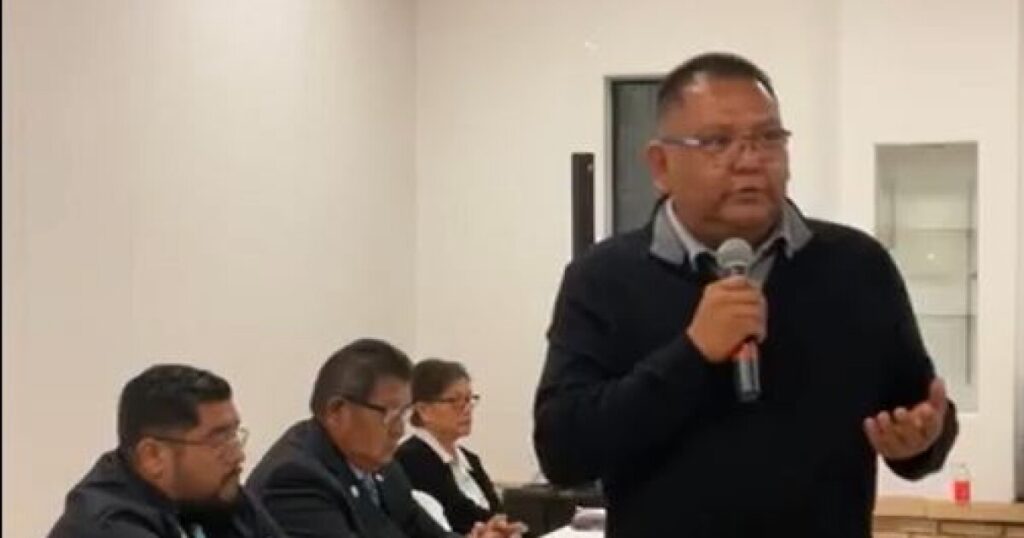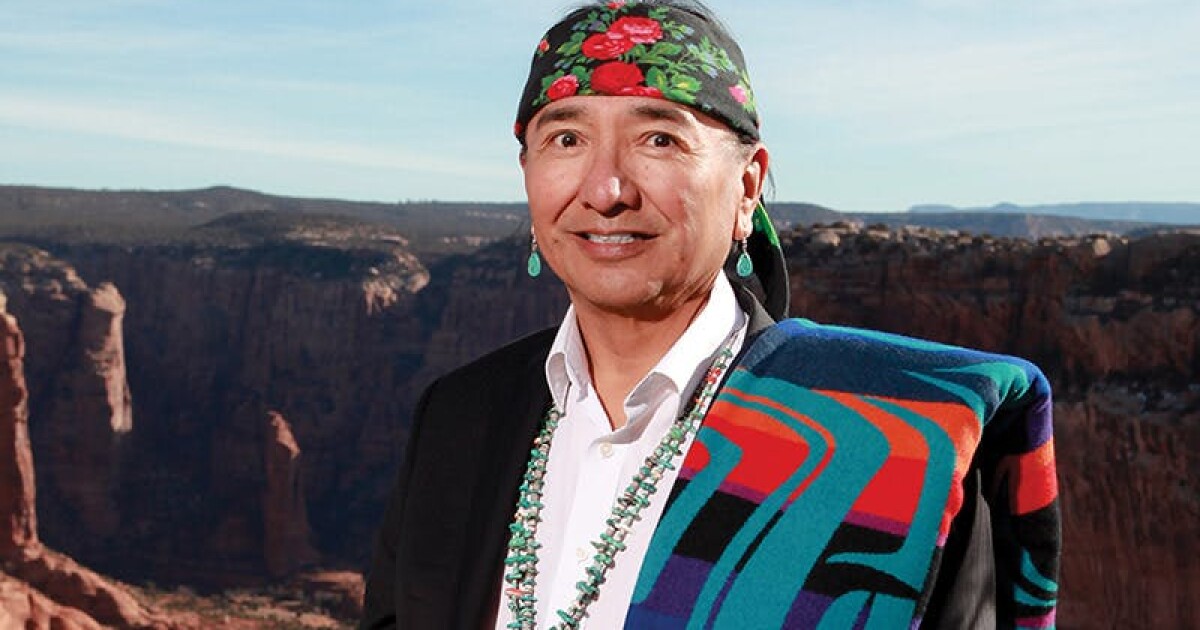Hopi Tribe Welcomes New Leadership with Focus on Economic Development
The Hopi Tribe has elected new leadership for the first time in eight years. Lamar Keevama emerged victorious, securing about 60% of the vote, defeating former Vice Chairman Clark Tenakhongva. Keevama’s victory marks a shift in leadership as he takes on the role of chairman, succeeding Timothy Nuvangyaoma, who did not seek reelection after completing his second term.
Keevama, a former tribal council member and manager of the Hopi Cultural Center, campaigned with a strong focus on economic development, proposing initiatives such as the construction of a casino along Interstate 40. His vision aims to address the economic challenges the tribe has been facing, particularly since the 2019 closure of the Navajo Generating Station, which resulted in an 85% loss of the tribe’s operating revenue.
In the race for vice chairman, Mikah Kewanimptewa won against Anita Bahnimptewa, who was the fourth woman to run for the position. Kewanimptewa, representing the Village of Bacavi on the tribal council, will join Keevama in leading the tribe as they prepare to be sworn in on December 1 for a four-year term.
The election saw candidates addressing crucial issues such as language preservation, public safety, cultural revitalization, and tribal sovereignty. Despite these pressing topics, voter turnout was at a historic low, with only 1,003 out of 12,058 eligible voters casting their ballots. This marks a decrease from previous elections, where 1,433 tribal members voted in 2019 and 1,775 in 2013.
Hopi elections are nonpartisan, with candidates for chairman and vice chairman running independently. The tribe’s unofficial results highlighted the highest voter participation at polling sites in Polacca and the Village of Kykotsmovi, located at the bases of First Mesa and Third Mesa, respectively.
The tribe also continues its efforts to secure water rights through the Northeastern Arizona Indian Water Rights Settlement Agreement. This agreement, approved last year but pending Congressional ratification, seeks to ensure access to Colorado River water for the Hopi, Navajo Nation, and other local tribes.
—
Read More Arizona News










